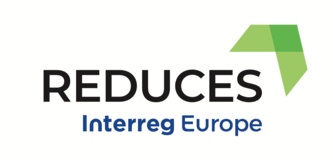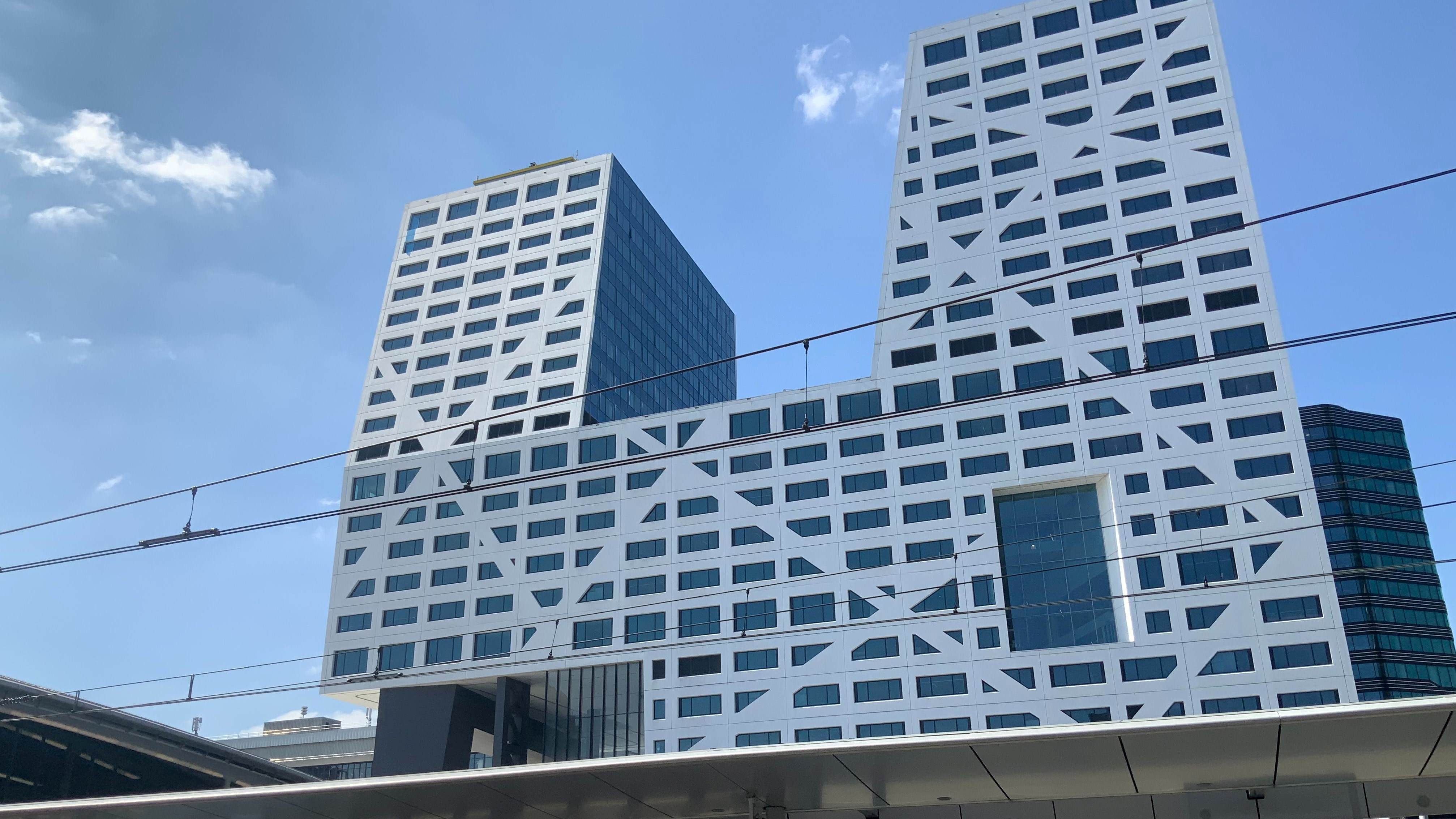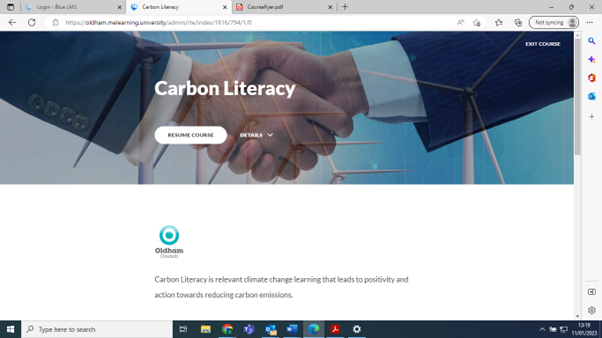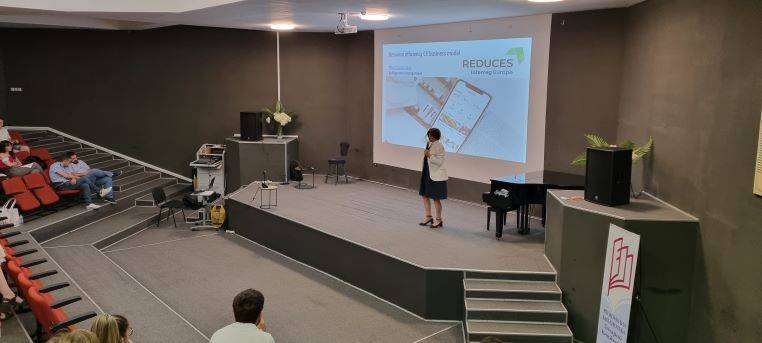Wednesday 16 March 2022 we were delighted to be able to organize an in-person meeting for our seventh key stakeholder meeting in the region of Utrecht (NL). The meeting took place at the Green House, a circular restaurant in Utrecht.
During this seventh stakeholder meeting we gave a short overview of the results of phase 1 of the REDUCES project. This included the case study on good practices for Circular Economy business models. We also mapped the case studies in relation to the industrial areas/business parks we focused on, to illustrate nearly all were located in these areas. We shared our experience with the study reports and the knowledge exchange, and discussed some of the learnings.
Moving on to the regional Action Plan for Circular Economy, we outlined the process for this part of the project, including the peer reviews. We discussed the current situation with regards to regional circular economy policy. This was based on white papers from the City of Utrecht and Province of Utrecht.
Besides, we discussed policy programmes in the region. First, we discussed two projects within the ERDF programme ‘Kansen voor West 2’, the policy instrument we have been referring to as part of the REDUCES project. The ‘Werkspoorkwartier’ project aimed at developing this inner city industrial area into desirable location and hotbed for creative and city-oriented companies (Gemeente Utrecht, 2012, Ontwikkelvisie Werkspoorkwartier).
The inspiring results of the ‘Werkspoorkwartier’ project were an inducement to analyse the adjacent area ‘Lage Weide’ from a sustainable business park point of view. This study was incorporated into a module of the Master of Urban & Area Development. Four students worked together on this project, and presented the results. Their recommendations proofed to be a sound basis for a discussion on promising policy instruments.
We consecutively discussed actions and aimed to distill specific action on the three action themes of the regional Action Plan. With regards to improving the climate for circular business, enabling networks and connecting networks, was identified as an important policy focus. For the areas we focused on circular hubs is seen as an important enabler. Creating sufficient mass for viable business cases, is seen as an important aspect for the long term success. Lastly, regional governments are looking for opportunities to strengthen Circular Economy education.
We concluded by drawing out the path to concretize the regional Action Plan for Utrecht into a plan that fits the collaboration between HU University of Applied Sciences Utrecht, regional policy makers and business stakeholders.
Evert-Jan Velzing
University of Applied Sciences Utrecht
[email protected]
0031614635718











